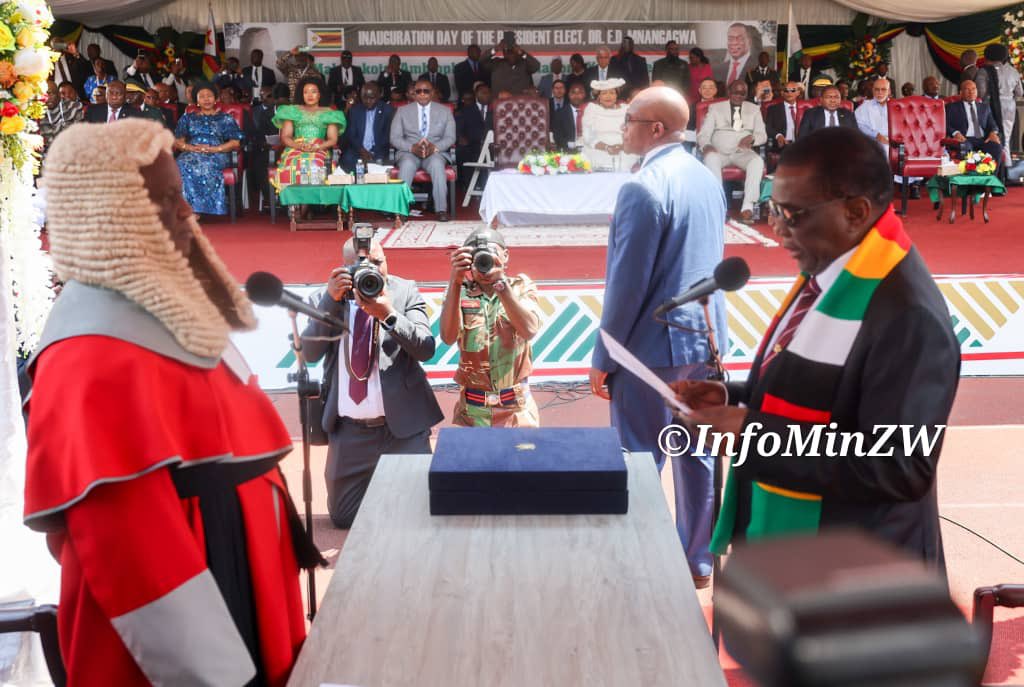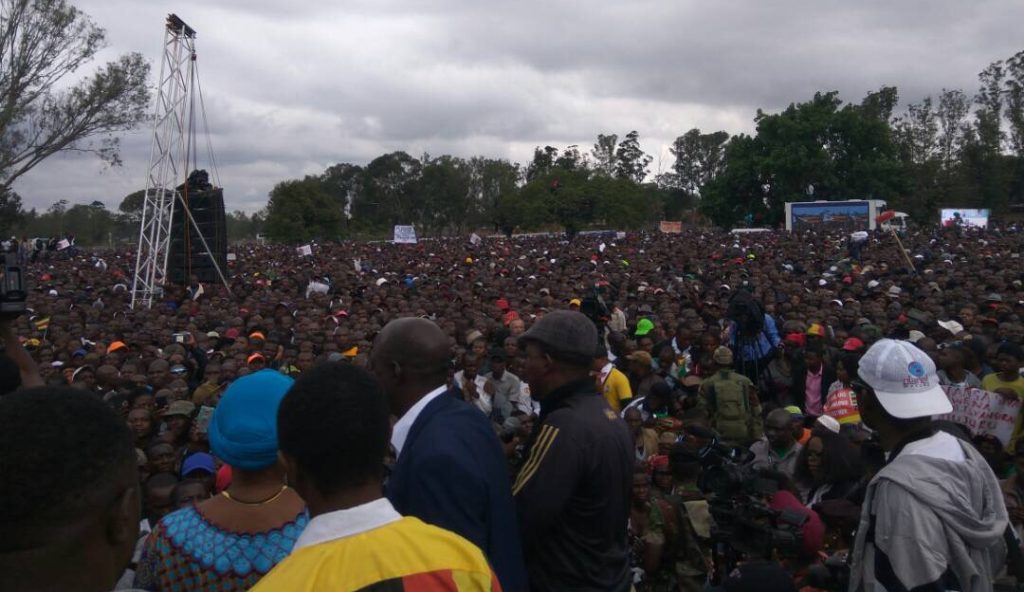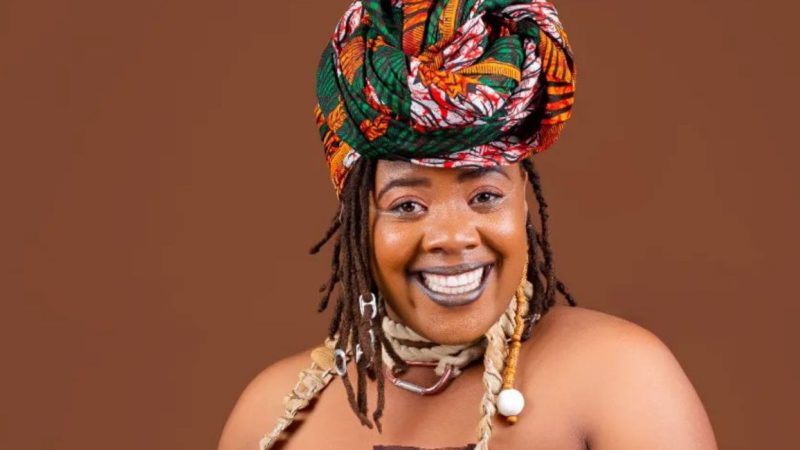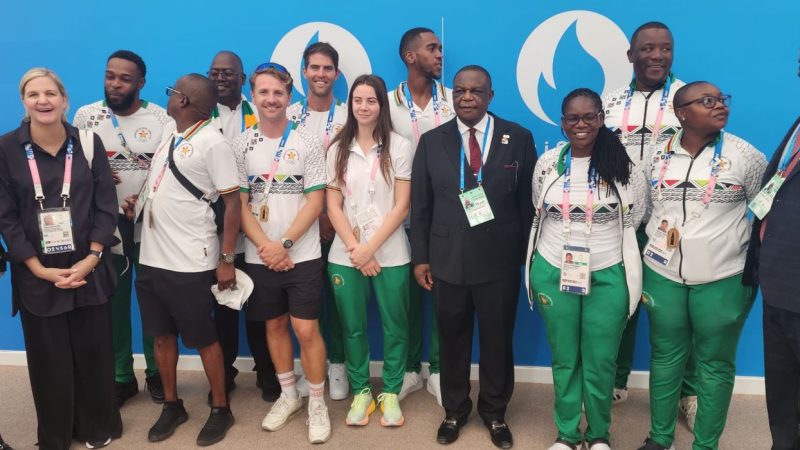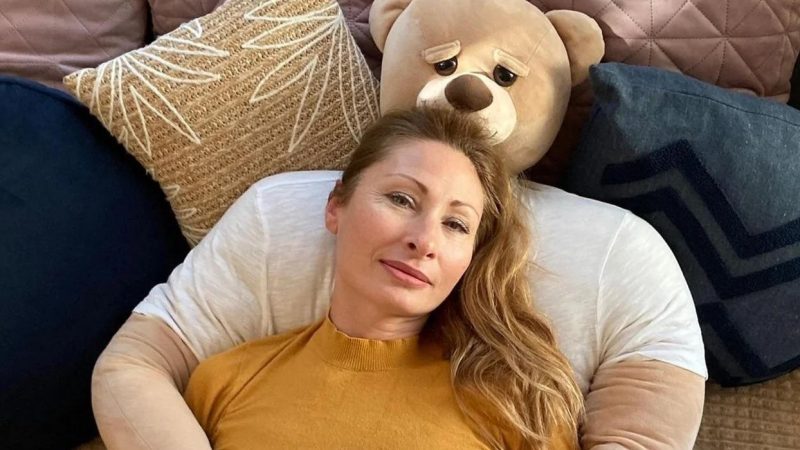Mnangagwa’s legacy term should unite a broken nation
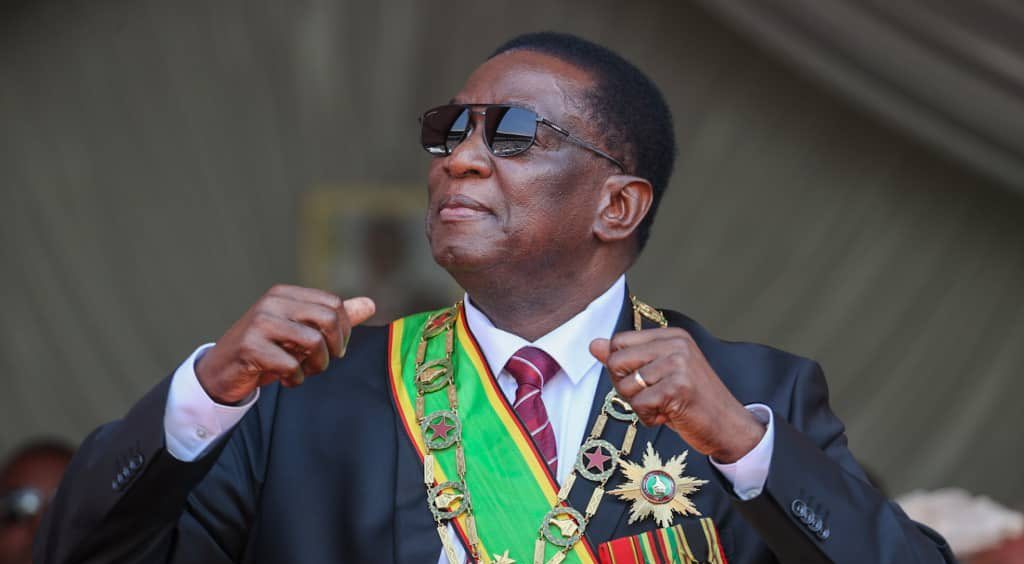
On September 4th, 2023, Zimbabwe’s re-elected president, Emmerson Dambudzo Mnangagwa, was sworn into office by the nation’s chief justice in front of a large crowd of supporters, government officials, foreign diplomats, and some heads of state.
President Emmerson Mnangagwa won the election by a margin of more than 7% of the vote, despite the widespread criticism that the election was not conducted in a free or fair manner. Nelson Chamisa, leader of the main opposition, finished as the runner-up in the race.
“I Emmerson Dambudzo Mnangagwa, swear that, as the President of the Republic of Zimbabwe, I will be faithful to Zimbabwe and obey, uphold and defend the constitution…” the oath in part, as the first citizen was being sworn into office.
This was his third time reciting the oath of office, so the repertoire must have sounded familiar. The first time he took the oath was in November 2017, in the wake of the famous coup that ousted long-time leader Robert Mugabe from power. The swearing-in venue was packed with Zimbabweans from all walks of life, as well as heads of state from all around the world. Everyone hoped for a new era of prosperity for the troubled Southern African nation. Ten months later, Mnangagwa was once again at the same venue, taking the oath for the second time following his win in the 2018 general election, a result that was heavily contested by the opposition, the MDC Alliance.
Despite the controversy and noise in the background, Mnangagwa got a “fresh, clean” mandate to lead the country and the global community was ready to give the man who presented himself as a “reformist” a chance. To borrow from his own words, Mnangagwa “hit the ground running” shortly after being inaugurated. He preached unity throughout the nation, incorporating “technocrats” into his cabinet, and attending high-profile events around the world, including the World Economic Forum in Davos, where he proclaimed to industry leaders that Zimbabwe is “open for business.”
Despite being open for business, the country’s perennial problems persisted. The first quarter of Mnangagwa’s term was riddled with an unprecedented socio-political upheaval in the wake of a bloody demonstration which rocked the country’s main urban centres. The surge in petrol and diesel prices, coupled with the 2% transaction tax introduced by Minister of Finance Mthuli Ncube, served as the catalyst for the riot. The local currency’s fragility caused the value of the US dollar to increase substantially, which led to a spike in prices of fundamental goods reminiscent of the hyperinflation period of 2005-2009.
The second and last quarters of Mnangagwa’s term were marked by a double blow of the COVID-19 pandemic and a weakening local currency. While his administration should be credited for largely managing the pandemic in such a way that it averted a humanitarian crisis, given the country’s poor healthcare system, it is also important to note that the nation’s democratic space significantly shrank during the pandemic. Arrests and prison time were given to political dissenters as a result, underlining the president’s political intolerance and deep polarisation as the nation prepared for the upcoming elections.
Artistes and musicians were sucked into the raging political storm. There were reports of some musicians being blocked from performing certain songs at concerts, songs whose content was interpreted as having political connotations. The same musicians were allegedly censored by all state-run radio stations and print publications. On the other hand, some musicians who were supported and pampered by benefactors in alignment with the ruling party were given maximum limelight in state media, and in turn, these musicians publicly endorsed the ruling party and the president. This was, as some commentators suggested, nothing more than election campaign theatrics.
A Legacy We All Want
Now that the mad election season is behind us and the president has already been empowered to form another government, we can only look to the future with hope. There is an abundance of issues for President Mnangagwa to address, most of which will require a significant investment of capital. Unfortunately, this money is not available in the nation’s coffers. Nevertheless, there is still a great deal that can be accomplished without expending any of the country’s funds.
Mnangagwa should use his power to create a lasting legacy by unifying and healing a fractured Zimbabwe. By promoting harmony, tolerance, and compassion across the nation’s diverse society, he has the opportunity to make a lasting impact and help Zimbabwe recover from the damage it has sustained for so long. By taking this initiative, he has the potential to leave a lasting legacy in the hearts and minds of generations to come. It is not too late for Mnangagwa to seize this chance for unity and healing.
A legacy that promotes unity and ubuntu is an essential infrastructure that generations will inherit. Great nations have been built on such foundations, and their success is a testament to their efficacy. Unity and ubuntu are invaluable components of a flourishing society, and it is our shared responsibility to preserve and honor them.
State-media should demonstrate their commitment to unity in the nation by engaging with works of art without bias or censorship. Instead of exacerbating tensions between artists, they should use their platform to promote dialogue and understanding. By facilitating conversations rather than fueling contention, state-media can be a driving force for positive change. Government officials mandated with representing the president and cabinet should abstain from using their social media accounts as melting pots of hatred and division.
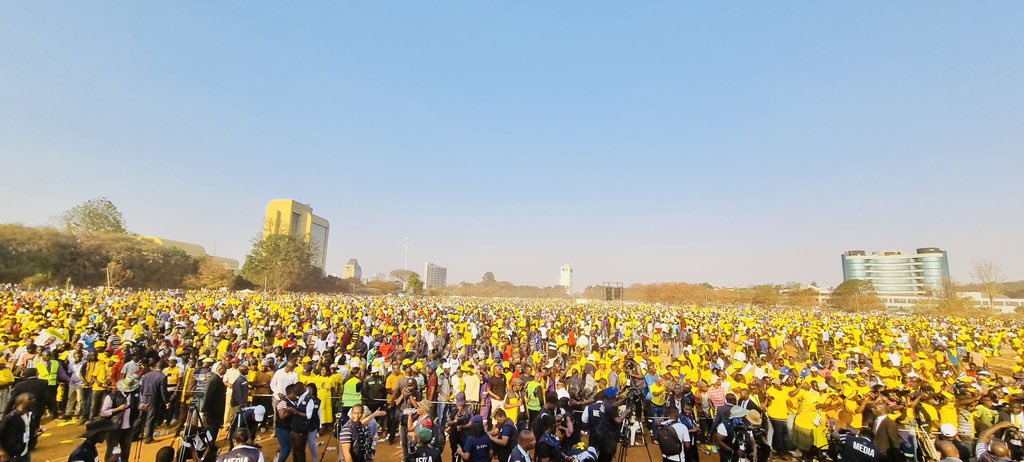
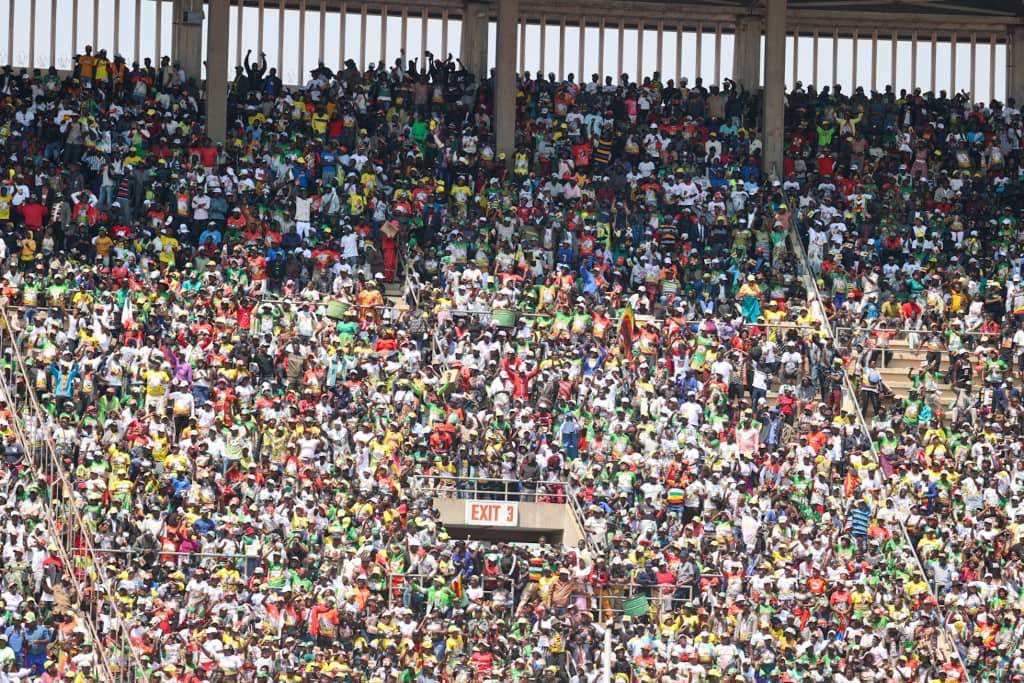
The culture of tolerance should start from the top and be exemplified and encouraged throughout all levels of society. This will help create an atmosphere where our courts dispense justice fairly, free from fear or favoritism. Those unjustly imprisoned or persecuted for political crimes should have access to speedy, fair trials and may even be pardoned out of compassion if appropriate. Now that the election is concluded, we must remember everyone is a fellow citizen even when opinions differ.
Finally, President Mnangagwa can do wonders to his legacy by simply respecting the constitution. Yes, it is possible to build a lasting legacy without spending a billion dollars of taxpayers’ proceeds. By dedicating time and effort, it is possible to create a priceless gift that will outlive time and continue bringing benefit to others. An inheritance set in stone, like the Great Zimbabwe monument.
